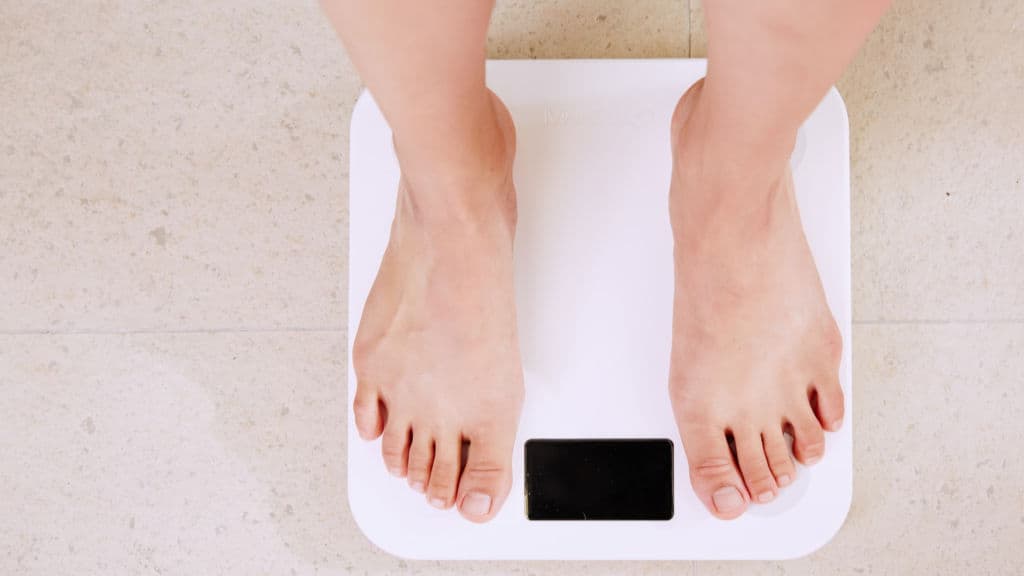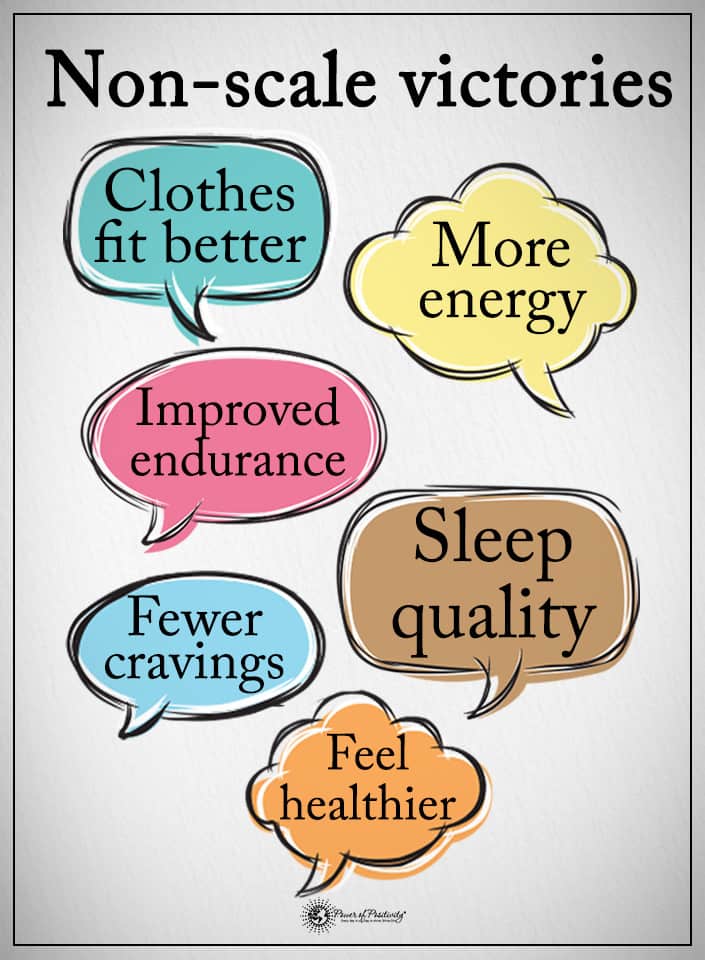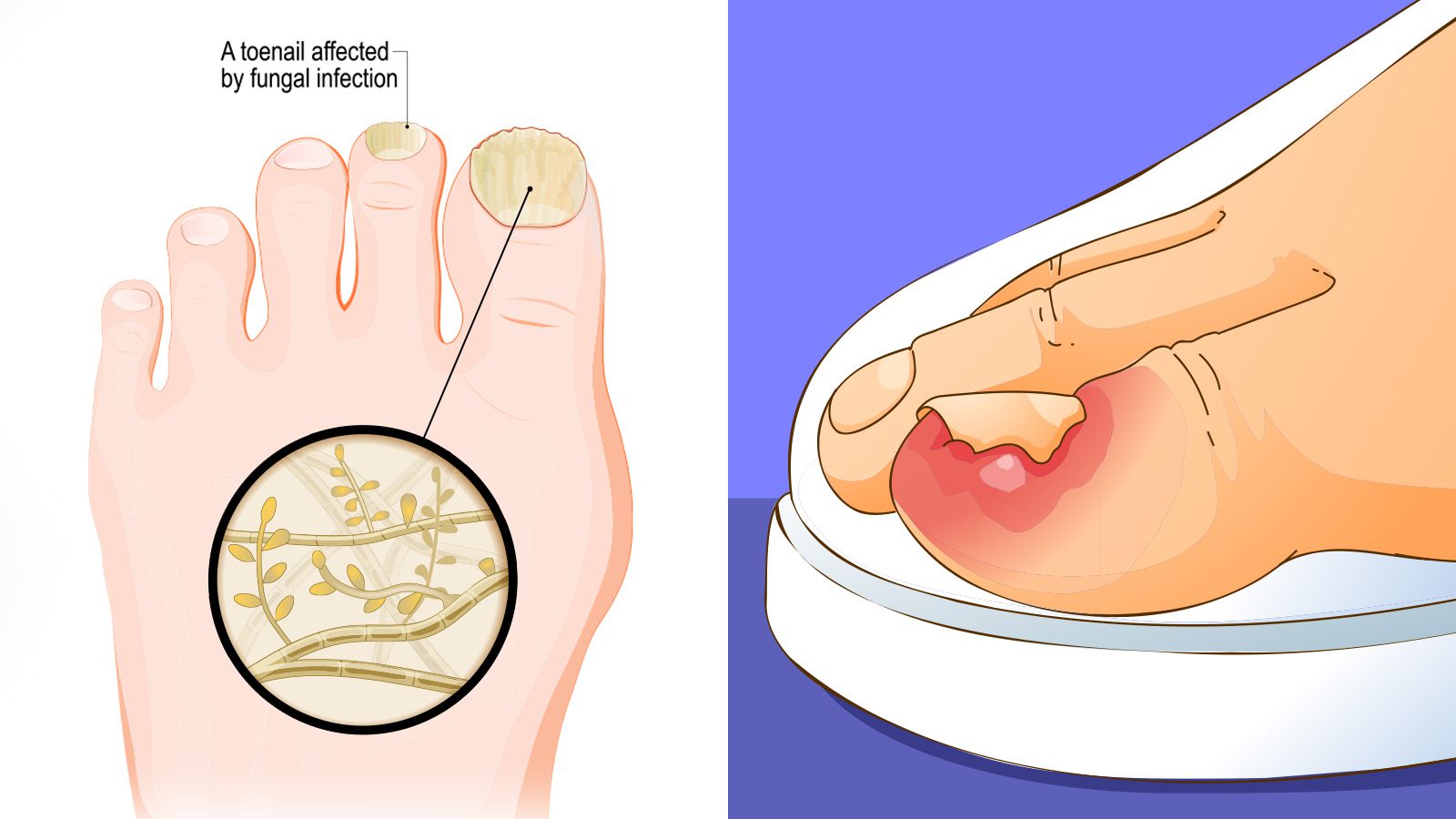If you’re thinking of losing weight, give serious thought to the pros and cons of the keto diet.
The keto diet has recently gained popularity in media. Celebrities, nutritionists, and doctors have spoken regarding this dit plan, about its cure-all abilities in weight loss and health. Even without celebrity endorsement, keto is sensationalized for its unconventional approach to diet by promoting a high fat intake.
What a lot of people don’t know is that doctors have been using this eating plan to treat epilepsy since the 1920s. That might be interesting, but many people might remain skeptical about keto. It’s understandable since the U.S. has received mixed messages about fat. Initially, researchers warned against fat, and now it should make up most of the total intake? Is keto another fad diet? Does research show how effective it is?
Right on to learn everything you need to know to make an educated decision about the ketogenic lifestyle.
Keto Diet: What is it?
The ketogenic diet is a more advanced version of low carbohydrate diets like Atkins. About less than 20% of the total daily calorie intake should be carbohydrates. Fat should take up the most, while protein is consumed in a moderate amount. If you know anything about macronutrient biochemistry, you might be aware that fat molecules release more calories per gram than either protein or carbohydrates. In basic terms, fat is calorie-dense.
When the goal is losing weight, it seems counter-intuitive to eat more of something that already provides a lot of energy – something you’re trying to limit, according to the calories-in, calories-out principle. Classic diet advice recommended a low-fat diet, instead of having more room to eating high volume, lower-calorie foods. What people forget, however, is that with the difference in composition, each macro-nutrient affects the body differently. The body does not react the same way to carbohydrates as it does to fats – here’s where keto comes in.
How Does the Ketogenic Diet Work?
To understand how keto diets work, it’s helpful to examine how it originated. In searching for treatment for epilepsy in the 1920s and ‘30s, medications seemed lacking in their effectiveness. Before medicine, children with epilepsy were instructed to fast, a traditional treatment used in ancient Greece and Indian traditions.
Unfortunately, fasting was challenging to maintain and potentially harmful, especially for young children.
A doctor named Hugh Conklin combined fasting with a diet restricting starches and sugar in 1912. His patients found success in reducing seizures. In 1921, endocrinologist Rollin Woodyatt found that fasting and high-fat low carb diets had something in common: the presence of ketone bodies.
Ketone bodies are the alternative energy source the body creates when starved of carbohydrates or sugar. This state is called ketosis. After a few days up to a week of eating low carbs, the body depletes any remaining glucose stores and begins to break down fat to produce the ketone bodies. The body starts to extract from existing fat stores, thus burning fat more efficiently.
Continually eating a high amount of carbohydrates makes it more challenging to lose fat effectively. When glucose enters the bloodstream, the pancreas releases a hormone called insulin. Insulin is the vehicle that transports glucose away to convert unused sugar into glycogen. Usually, we probably eat a lot more carbohydrates than we can realistically use. As a result, the liver can pack away as many as 2000 calories of glycogen stores.
What if the liver is full, and there’s no longer any room for more glycogen to be stored?
Well, then the carbohydrates are stored as fat.
Ketogenic diets bypass this issue. If there are few, if any, carbohydrates coming in, the body never gets a chance to convert it to fat continually. Eating a diet high in fat allows the body always to be using energy straight from stored fat in the body. Furthermore, carbohydrates and fats affect different functions in the body differently, like hormones and inflammation. You’ll soon find out how these differences affect your metabolism, brain function, and overall health.
Types of Food on the Ketogenic Program
What constitutes a high-fat intake on a keto diet? Although it may seem to limit, there is quite a variety of fat-abundant foods. Just several cornerstones of keto include avocado, nuts like almonds, walnuts, macadamia, seeds like chia, flax, and eggs, cheese, fish rich in omega-3 fatty acids, whole yogurt and milk, and oils ranging from olive oil to avocado oil. Such foods are already sources of other vital vitamins like iron, vitamin B-12, magnesium, fiber and unsaturated fats, and other essentials for optimal health.
Greens and vegetables are, of course, a large part of keto. Some common plants included in keto diets are broccoli, kale, spinach, cauliflower, zucchini, celery, bell pepper, Brussel sprouts, green beans, etc. Keto opens the doors to creative methods of filling up on these essential vegetables with delicious meals.
Otherwise, dieters limit or avoid carbs altogether. This includes bread, whether it’s white or whole grain, pasta, simple carbohydrates, potatoes, rice, beans, and many more.
Weighing the Pros and Cons of the Keto Diet
Together, let’s look at the pros and cons of the keto diet.
Pros of Following the Keto Diet
1 – Weight loss
Ketogenesis optimizes the ability of the body to burn fat. On top of that, keto helps revs up metabolism, helping you burn more energy than on another diet. A study examining the effects of different carbohydrate diets – high, medium, and low – found those on the low carbohydrate diet to have higher energy output than other groups. They burned more calories than before, contributing to weight loss.
In a longitudinal study on keto’s effects on obesity, patients ate a keto diet over six months. The diet was made up of 30 grams of carbohydrates, which is low enough to induce ketosis. Weight changes and other vital health markers were tracked throughout the period. Researchers found a significant reduction in weight. Cholesterol, blood triglycerides, and blood glucose levels all reduced by the end of the trial. The implications of this study are enormous – the idea that eating a diet high in fat leads to fat loss is revolutionary.
2 – Brain Health
The keto diet has also had significant effects on the brain and mental health. Some studies point to keto as a potential treatment for bipolar disorder and depression, helping in mood regulation. Eating a ketogenic diet has an impact on how brain neurons signal to each other. Keto even has a positive effect on neurodegenerative disorders like Parkinson’s, which gradually deteriorates memory capacity and control over limbs. The brain is made up of 60% fat. To maintain brain performance, mental focus, omega-3 fatty acids are necessary. Furthermore, ketones are the only energy source other than glucose that the brain can use.
3 – Numerous Health Benefits
The keto diet has a significant role in improving heart health and chronic conditions. According to the aforementioned six-week study on keto and obesity, the risk for heart disease dropped.
Inflammation, which plays a role in exacerbating all other health issues, skin conditions, and weight loss, can be managed by eating keto. Reducing sugar largely reduces inflammatory markers. Because inflammation can contribute to stroke development, keto can help heal the effects of a stroke.
Other health-related benefits include anti-aging, as the high-fat content gives skin hair and nails a boost through the fat-derived molecules like collagen, keratin, and overall hydration.
Cons of Keto Diet
1 – Keto Flu
Upon starting the keto diet, there are 2-4 days (maximum is a week) in which the body is adjusting to the menu. On top of withdrawal symptoms from less sugar, the switch from glucose-derived energy to ketone bodies can be a roller coaster. People experiencing the keto flu feel symptoms like headaches, extreme thirst, lack of concentration, extreme fatigue and muscle weakness, insatiable hunger, and of course, severe cravings. It’s easy to want to give up at this point already, but remember that after that initial week, it goes uphill from there.
2 – Nutrient Deficiency
Despite having the potential to provide nutrients and vitamins from high-quality whole foods, keto also runs the risk of limiting others. This is especially true if the diet doesn’t include a diverse group of food groups. Some people use keto as an opportunity to fill up on cheese, meats, and nuts. By doing so, they disregard the micronutrients found in vegetables like magnesium, phosphorus, vitamin A and C, fiber, and others. A diet low in fiber can contributes to digestive issues like constipation.
3 – The Ketogenic Diet Isn’t for Everyone
It’s medically recommended for children or adults with epilepsy. Keto can reduce the frequency of seizures by about 50%, allowing for less dependence on medication. Their doctor or nutritionist may recommend those with numerous health risks combined with obesity the keto diet, but it isn’t necessary to lose weight.
It’s crucial to weigh all the advantages and disadvantages before embarking on keto. Because of its strictness, keto entails a high amount of planning, preparing, and investing in groceries.
4 – Long-term Effects Remain To Be Seen
Here’s a final caution. And this one is essential to know. Some studies warn us that scientists are still discovering the long-term impact of this eating plan.
Undoubtedly, people lose weight. A significant question posed by cardiovascular specialists is that of the future effect of the excess fat on blood vessels and the heart. While the initial drop in body weight helps the heart, the long-term impact remains unclear.
Final Words About the Pros and Cons of the Keto Diet
Keto diets have proven to improve various chronic conditions, neurological disorders, and reduce the risk of diabetes and obesity.
Should you try keto? Considering the pros and cons of the keto diet, or any new weight loss program is a key to success.
So your outcome depends on your goals, current state of health, and risks. Accept this as a lifestyle change, not just another crash diet. Many people are attracted to rapid weight loss, but consider the investment needed to begin and maintain keto.
One thing is for sure; whole foods and balanced nutrients go a long way in improving health markers. If you take anything from the research behind keto, remember that fats are vital and should be integrated one’s daily intake.
















